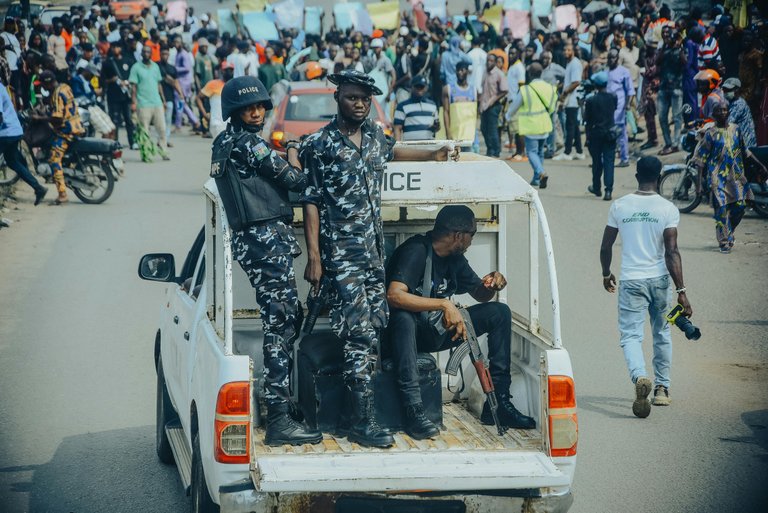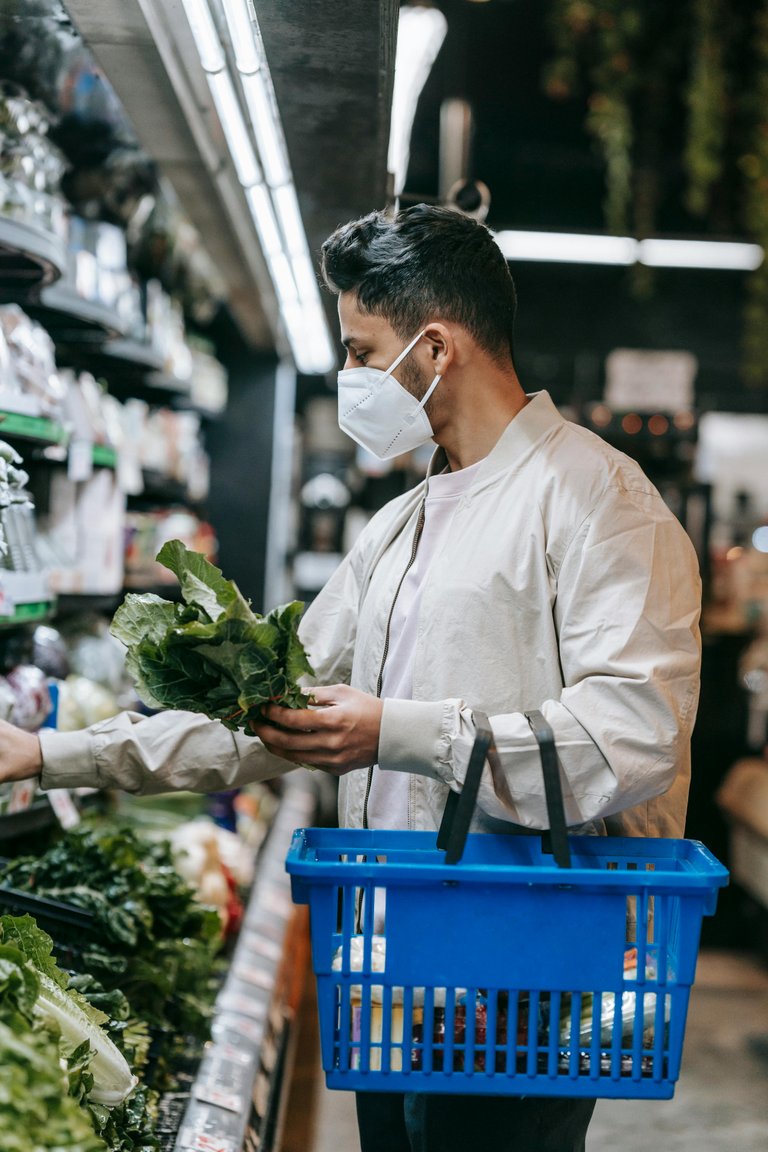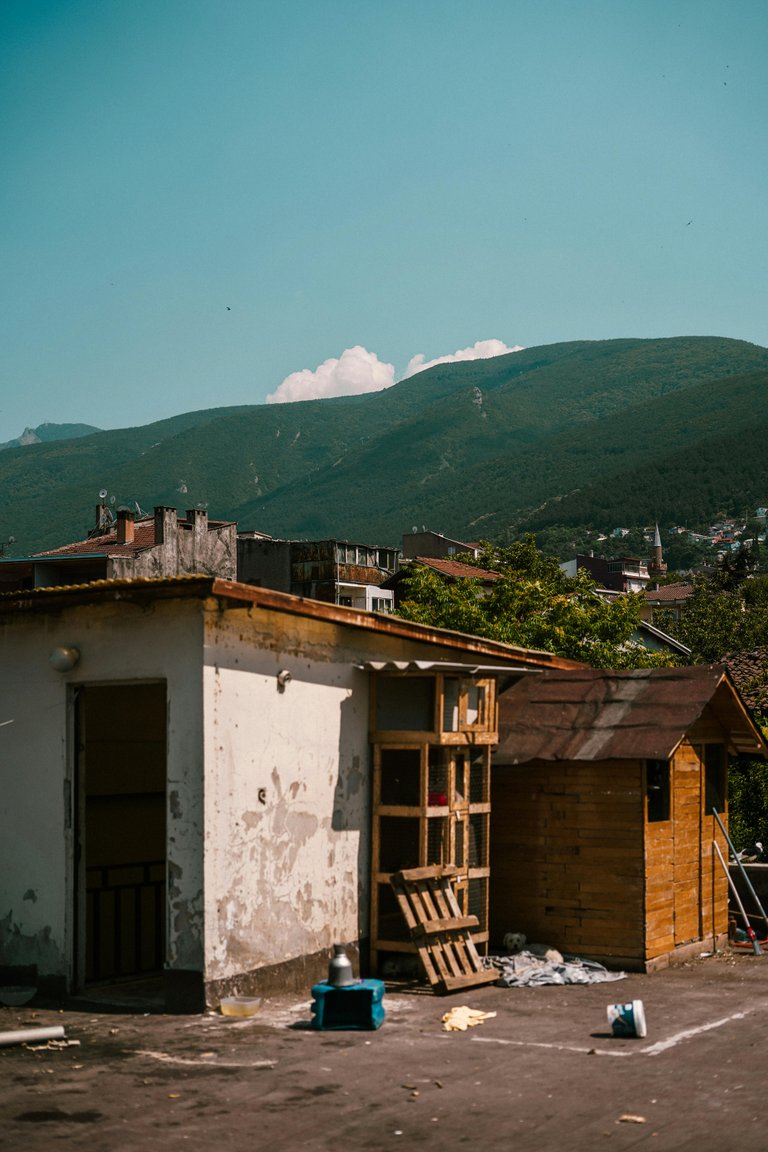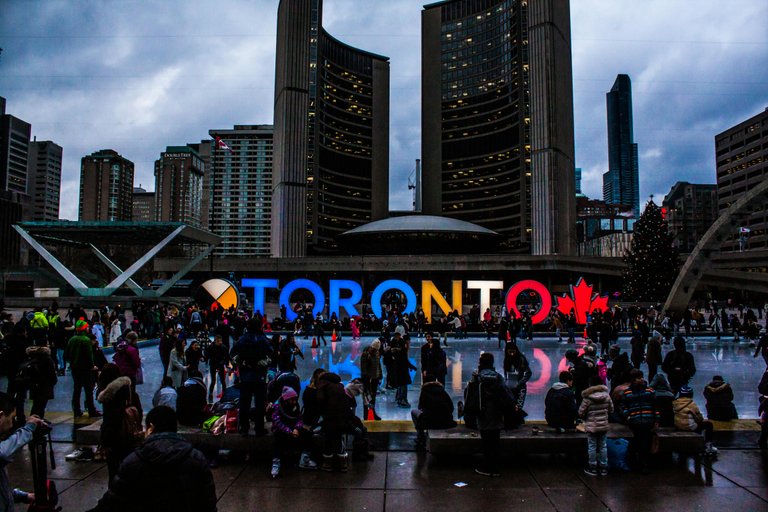How Safe Is Your Country
Safety, in its broadest sense, is the condition of being free from harm, danger, or risk. As a Nigerian, I often grapple with the paradox of living in a nation blessed with abundant resources, yet fraught with challenges that render it unlivable for many. The current state of affairs in Nigeria reflects the consequences of a political system plagued by corruption and greed, an unfortunate manifestation of parasitic politics that has made the country a precarious place to reside.
At the core of this insecurity lies personal safety. Crime, violence, and abuse permeate the fabric of society, leaving citizens feeling vulnerable and unprotected. This pervasive fear is often rooted in the greed that drives individuals to undermine one another, a behavior I perceive as primitive and masked under the guise of civilization. We now live in an environment where humanity’s darker instincts thrive. A situation that seems to have devolved into a survival of the fittest, where individuals resort to unspeakable acts, including the infamous money rituals that plague both the young and old.
A chilling personal anecdote illustrates this trend. I once taught a student who, despite his potential, dropped out of secondary school in his fourth year. Just two years later, I learned he had acquired a luxury car, a 2020 Lexus model. My curiosity led me to investigate how someone so young could afford such extravagance, and I discovered that he had turned to ritualistic practices, engaging in graveyard activities that would leave anyone horrified. One of His social media post states "If during ritual you get scared, you'll cease to be my friend" this exemplifies the disturbing mentality that has taken root within some segments of society. This reality begs the question: What has Nigeria become?
The need for vigilance has never been more critical. I recall an incident where a generator I stored securely at my doorstep was stolen overnight, despite my efforts to safeguard it with chains and locked gates. If such blatant theft can occur in what many still consider a relatively safe area of Lagos, one can only imagine the dire circumstances faced in more volatile regions of the country, especially the North, where insurgency and banditry reign supreme.
If I were to elaborate further, I would transition into a discussion of economic safety, political safety, food security, and shelter stability.
Talking about our current economic situation, it is very concerning. Each year, thousands of graduates complete their youth service only to find themselves without employment opportunities. Unemployment rates are alarmingly high, and many individuals who are employed face instability in their jobs. The absence of a social security system further exacerbates the financial struggles of many citizens. Despite these challenges, the new administration has implemented strict economic policies that may prove beneficial in the long run, yet they are not adequately addressing the immediate needs of the impoverished population, which has resulted in significant hunger and hardship.
I have a friend that would often remark that if heaven and hell truly exist, God wouldn't need to send people from Nigeria to hell; many have already endured so much hardship in their own country that it may feel like a living hell. The economic struggles and challenges faced in Nigeria can make life incredibly difficult.
Food safety is a critical concern that must also be addressed, particularly given the proliferation of unlicensed, illegal, and unhealthy establishments that produce counterfeit food, beverages, and drugs. Some of these products are smuggled in from neighboring countries. Although appropriate agencies are making significant efforts to combat this issue through product confiscation, systemic corruption often allows rogue manufacturers to evade consequences by means of bribery.
Moreover, the issue of housing security deserves attention. A significant number of Nigerians lack access to safe, affordable, and adequate housing. Even civil and public servants find themselves struggling to secure loans with exorbitant interest rates just to construct a basic home. The burden of these high-interest loans, coupled with low salaries, often results in years of hardship and financial stress as individuals work to complete their housing projects.
For those who are self-employed, the challenges are even more pronounced. The economic difficulties that many face exacerbate the problems of accessibility to safe shelter, contributing to a general sense of insecurity.
These factors significantly impact personal safety and overall quality of life. Personally, I find living in Nigeria to be uncomfortable, despite my efforts to improve my situation. The pace of progress is slow, and I constantly grapple with the fear of potential harm. The environmental and societal conditions make it difficult for the average person to thrive.
If given the opportunity, I would consider relocating to a country that offers better infrastructure, security, and quality of life. The UK, US, Europe, and Canada are particularly appealing due to their stability, diversity, and numerous opportunities.
In an ideal scenario, I would choose the UK or Canada. Both countries strike a favorable balance of multiculturalism, economic stability, and social welfare. The UK is attractive for its rich history, cultural diversity, and academic excellence, while Canada’s friendly immigration policies, stunning natural landscapes, and high standards of living make it an enticing option as well.
I would have loved to go deeper because there are lots of challenges that seem not have any solutions Nogeria that has made it unsafe.
This is my little contribution to the indiaunited wk17 contest. You can find the contest post using this link
https://peakd.com/hive-197685/@indiaunited/indiaunited-weekly-contest-17-theme-how-safe-your-country-is--and-winner-announcement-of-previous-contest.






This post has been manually curated by @bhattg from Indiaunited community. Join us on our Discord Server.
Do you know that you can earn a passive income by delegating to @indiaunited. We share more than 100 % of the curation rewards with the delegators in the form of IUC tokens. HP delegators and IUC token holders also get upto 20% additional vote weight.
Here are some handy links for delegations: 100HP, 250HP, 500HP, 1000HP.
100% of the rewards from this comment goes to the curator for their manual curation efforts. Please encourage the curator @bhattg by upvoting this comment and support the community by voting the posts made by @indiaunited.
Congratulations @psalmy05! You have completed the following achievement on the Hive blockchain And have been rewarded with New badge(s)
Your next target is to reach 2750 upvotes.
You can view your badges on your board and compare yourself to others in the Ranking
If you no longer want to receive notifications, reply to this comment with the word
STOPCheck out our last posts: